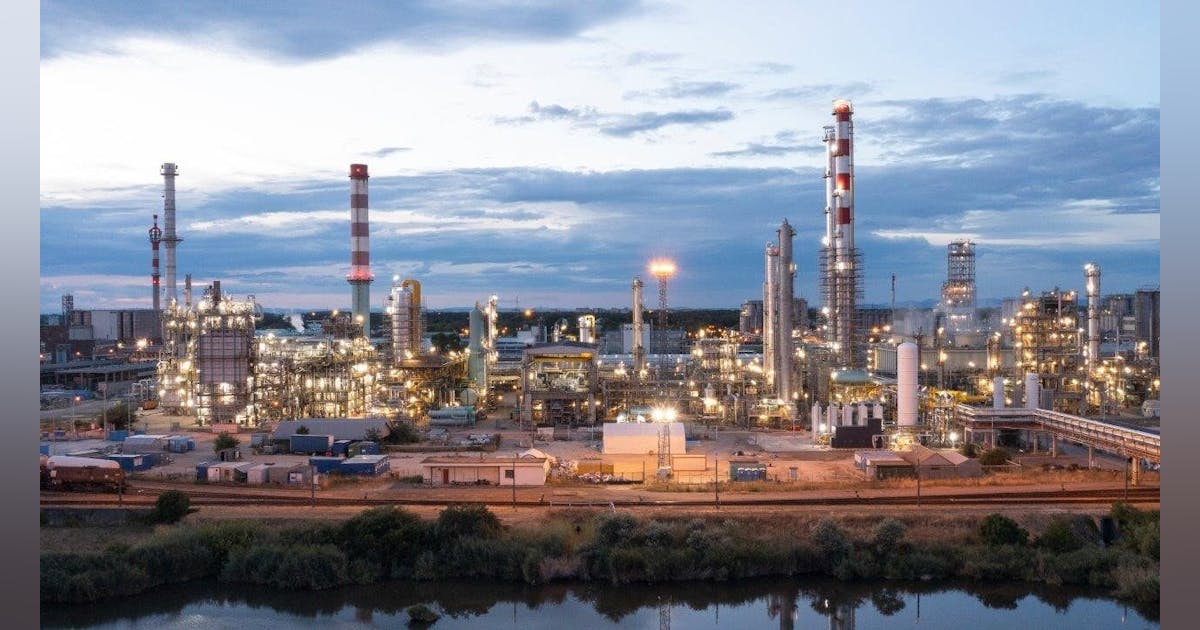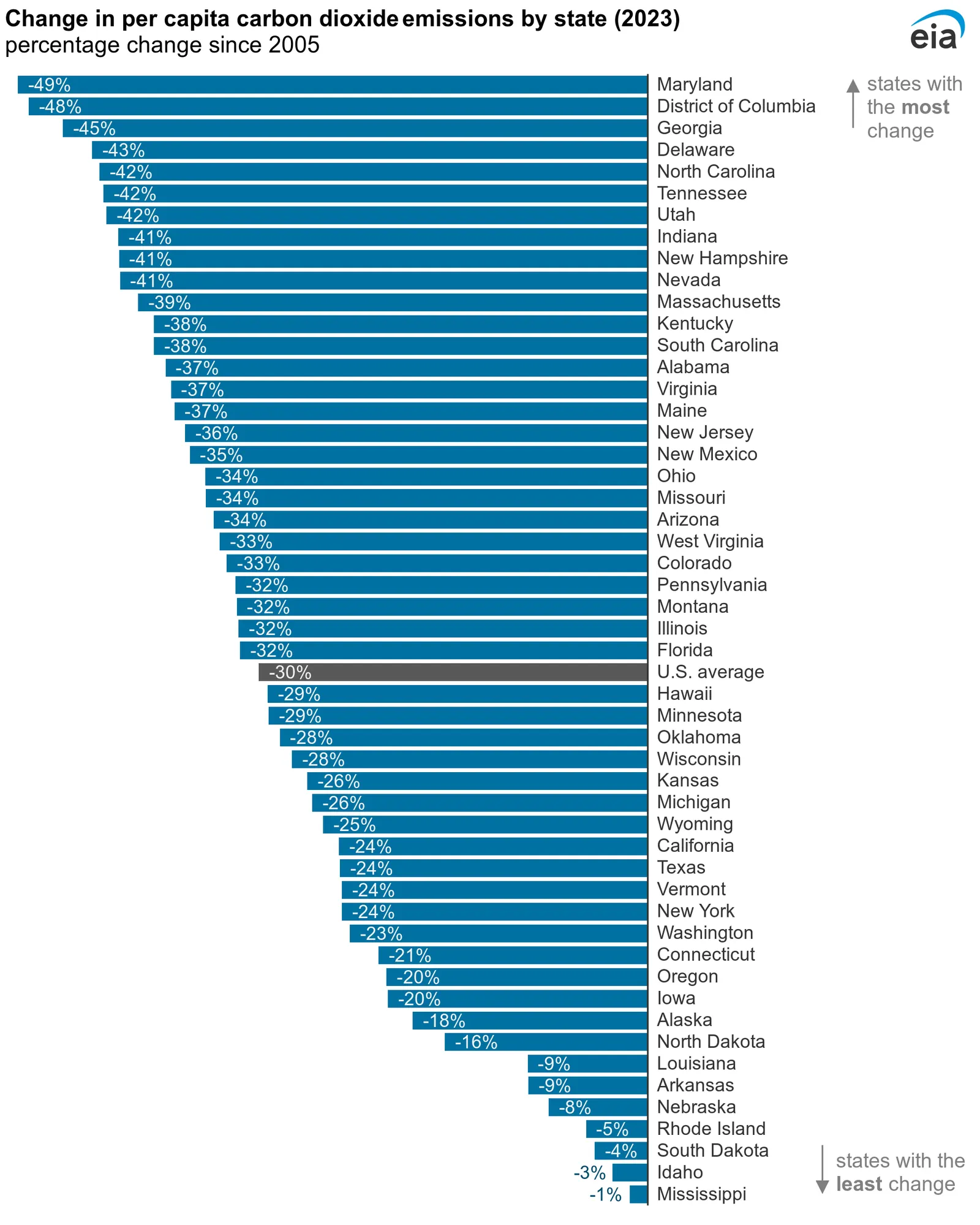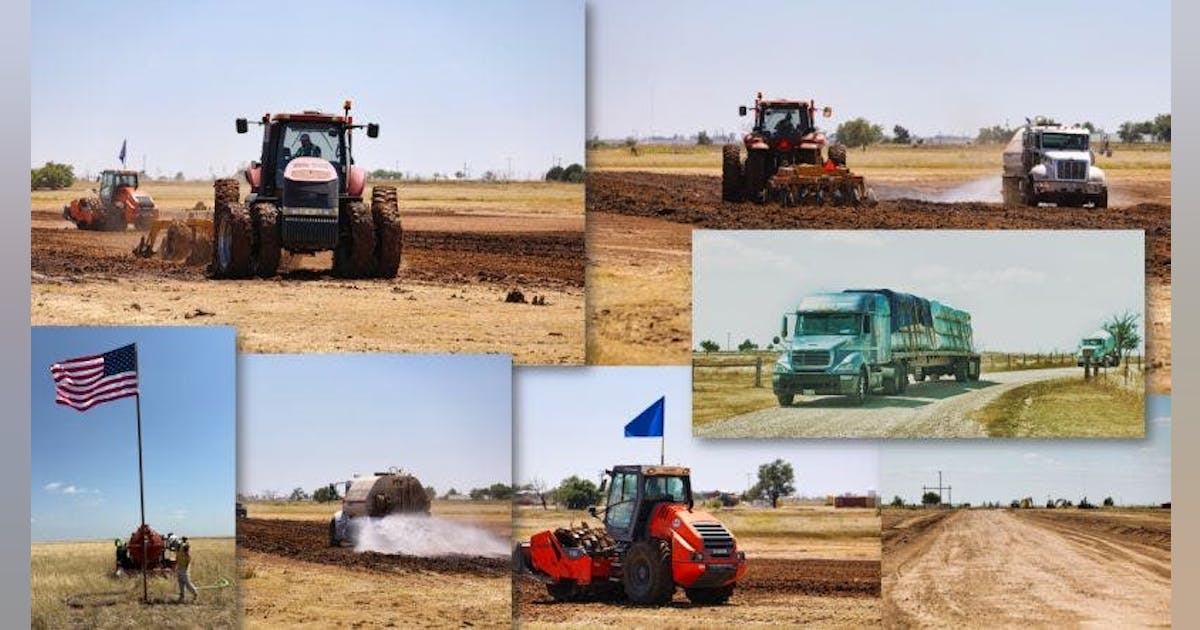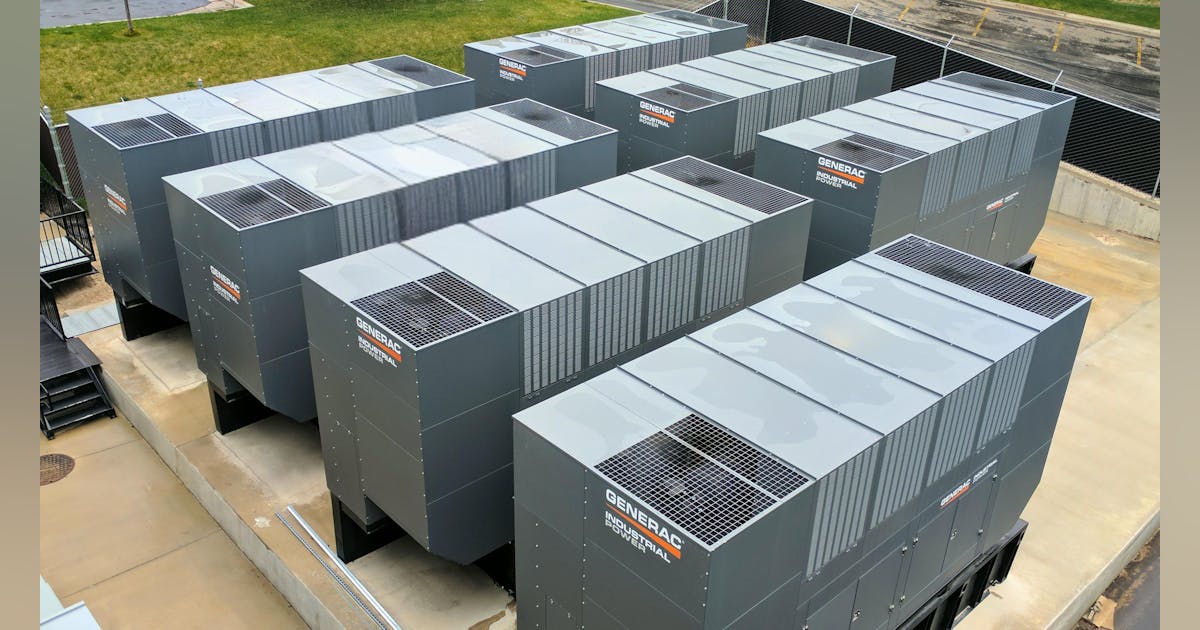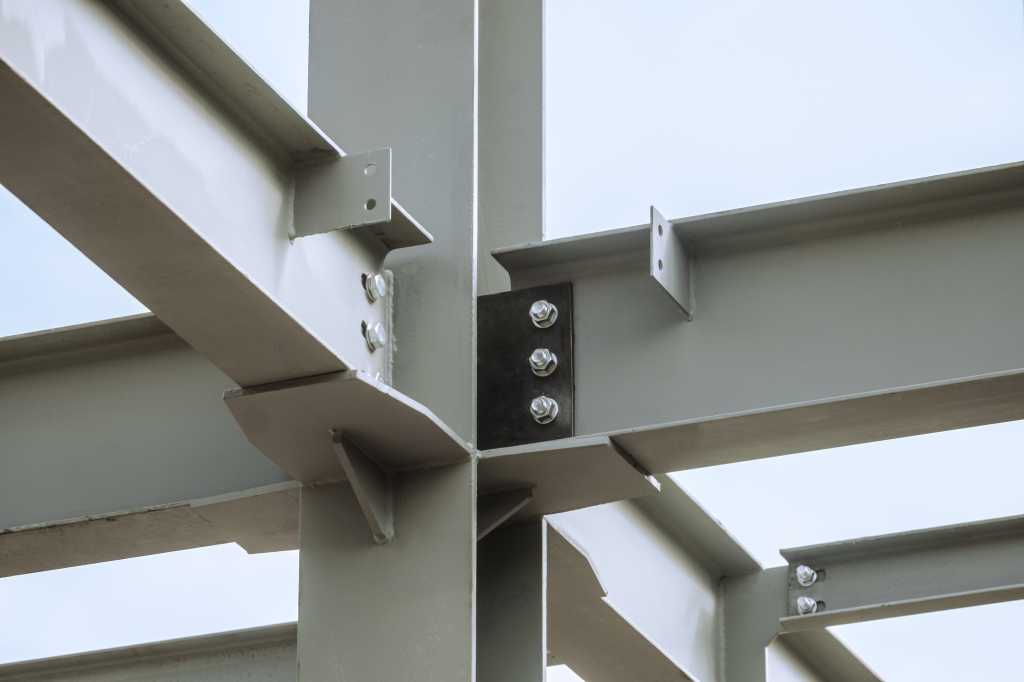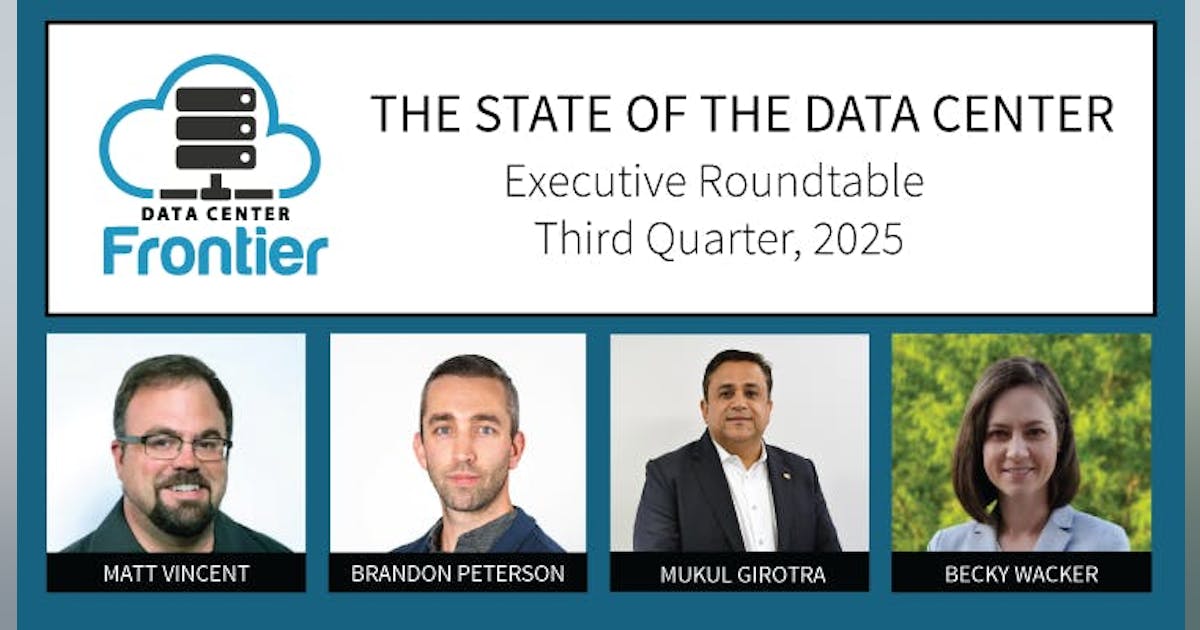
Becky Wacker, Trane: As AI workloads increasingly dominate new data center builds, operators face significant challenges in managing thermal loads and water resources. These challenges include significantly higher heat density, large, aggregated load spikes, uneven distribution of cooling needs, and substantial water requirements if using traditional evaporative cooling methods. The most critical risks include overheating, inefficient cooling systems, and water scarcity.
These issues can lead to reduced hardware lifespan, hardware throttling, sudden shutdowns, failure to meet PUE targets, higher operational costs, and limitations on where AI data centers can be built due to water constraints.
At Trane, we are evolving our solutions to meet these challenges through advanced cooling technologies such as liquid cooling and immersion cooling, which offer higher efficiency and lower thermal resistance compared to traditional air-cooling methods.
Flexibility and scalability are central to our design philosophy. We believe a total system solution is crucial, integrating components such as CDUs, Fan Walls, CRAHs, and Chillers to anticipate demand and respond effectively.
In addition, we are developing smart monitoring and control systems that leverage AI to predict and manage thermal loads in real-time, ensuring optimal performance and preventing overheating through Building Management Systems and integration with DCIM platforms.
Our water management solutions are also being enhanced to recycle and reuse water, minimizing consumption and addressing scarcity concerns.



